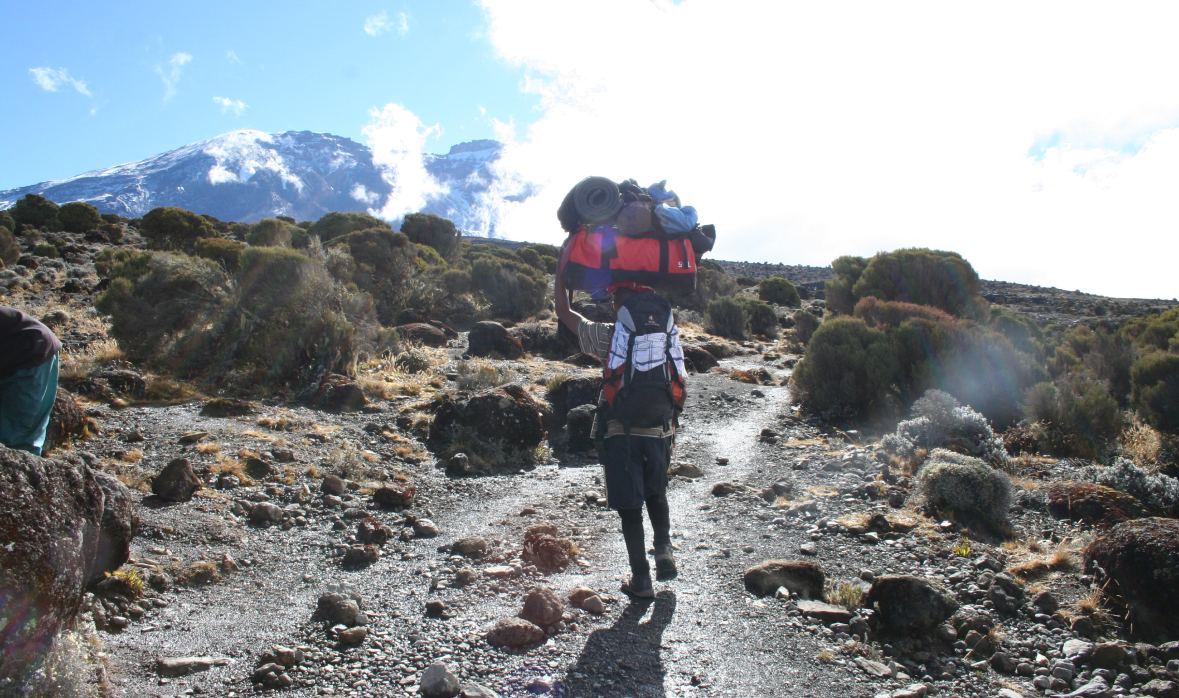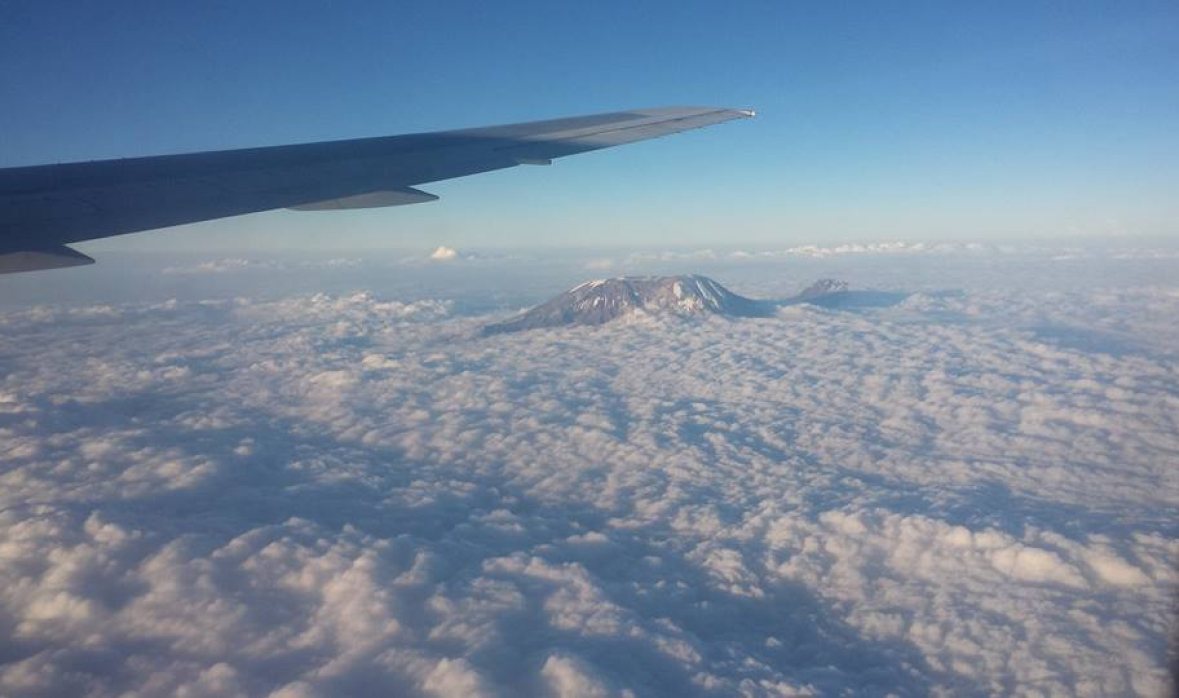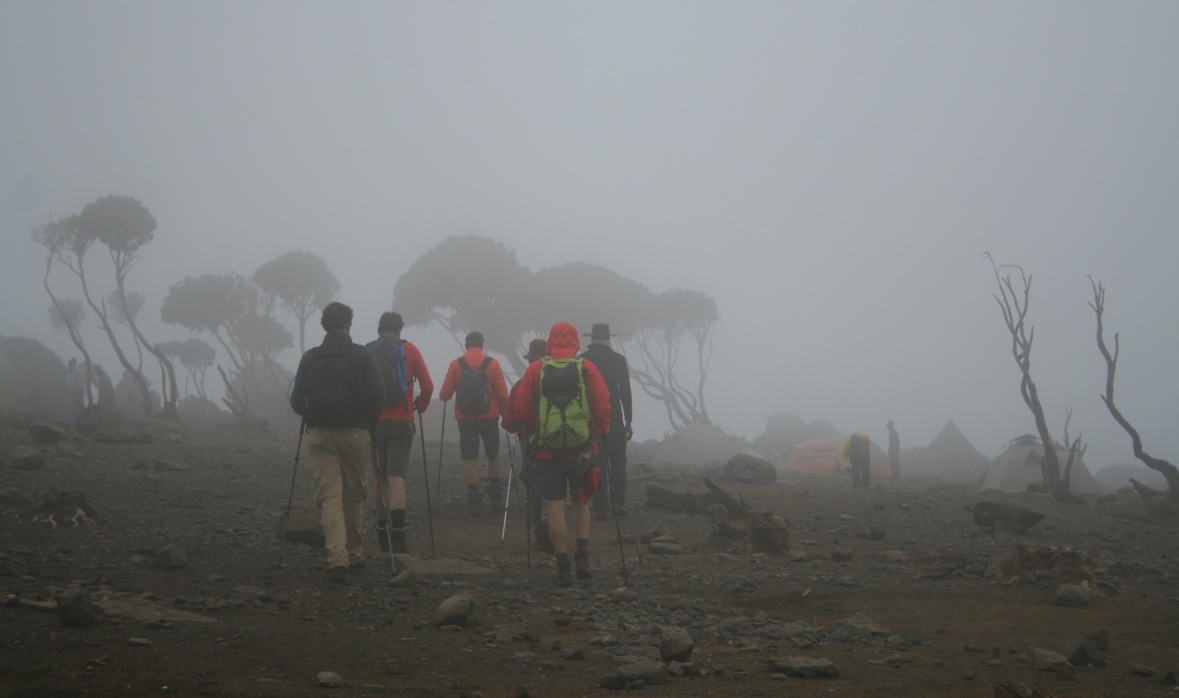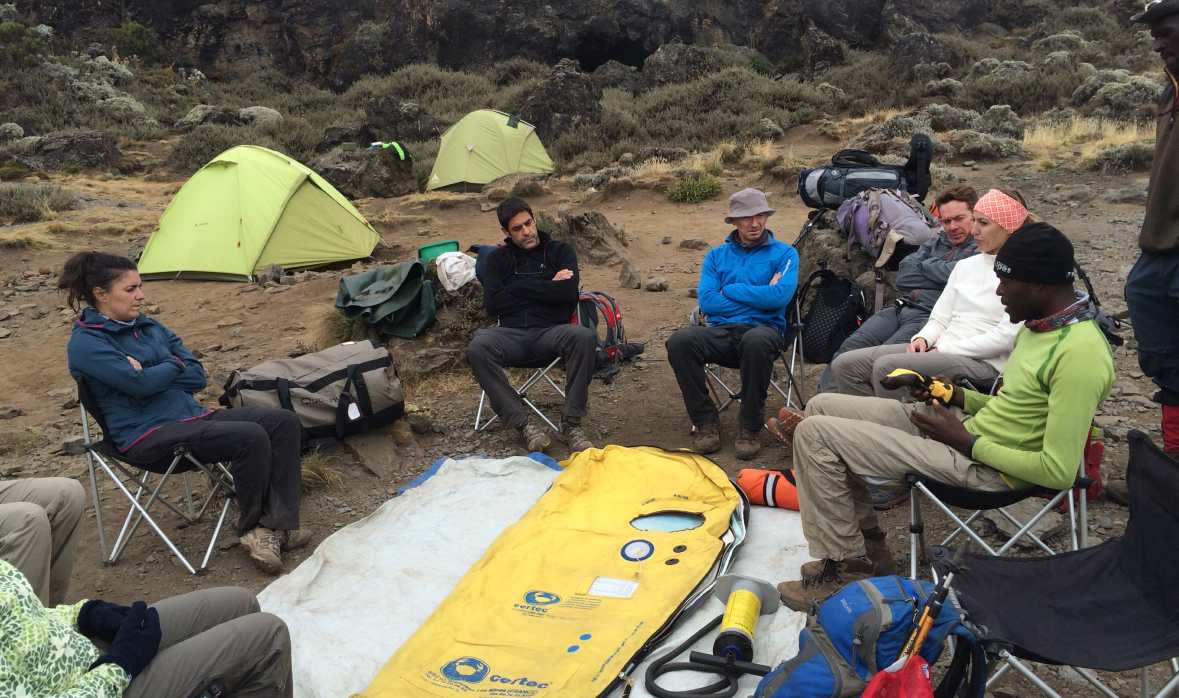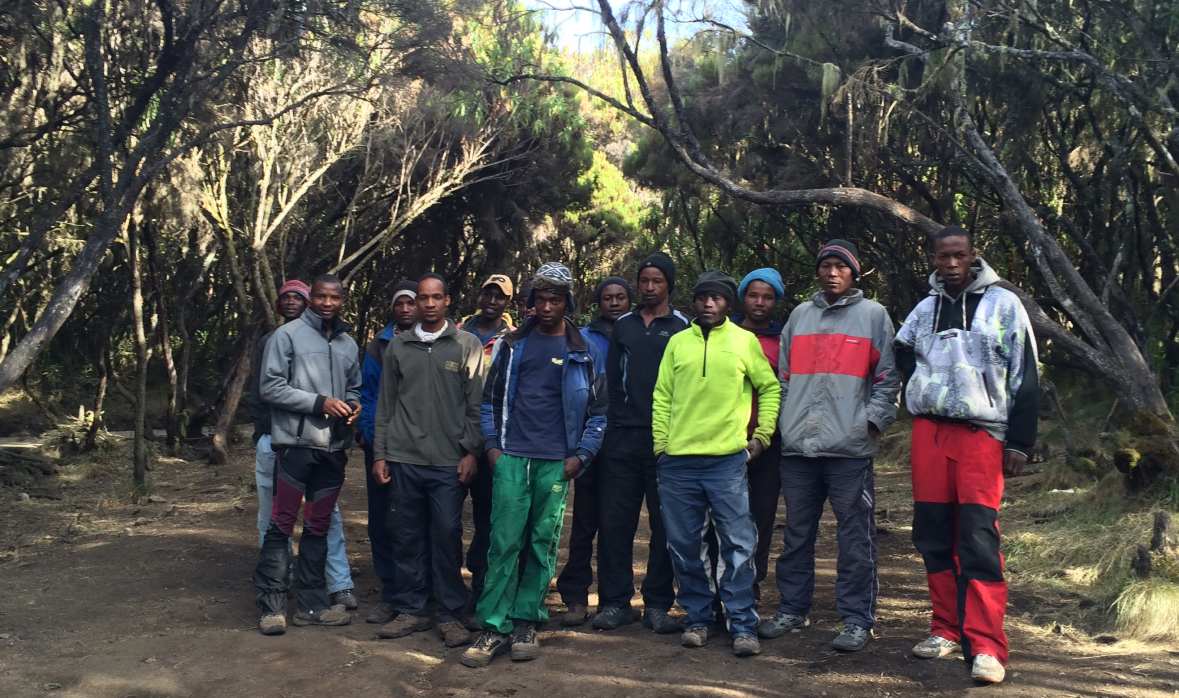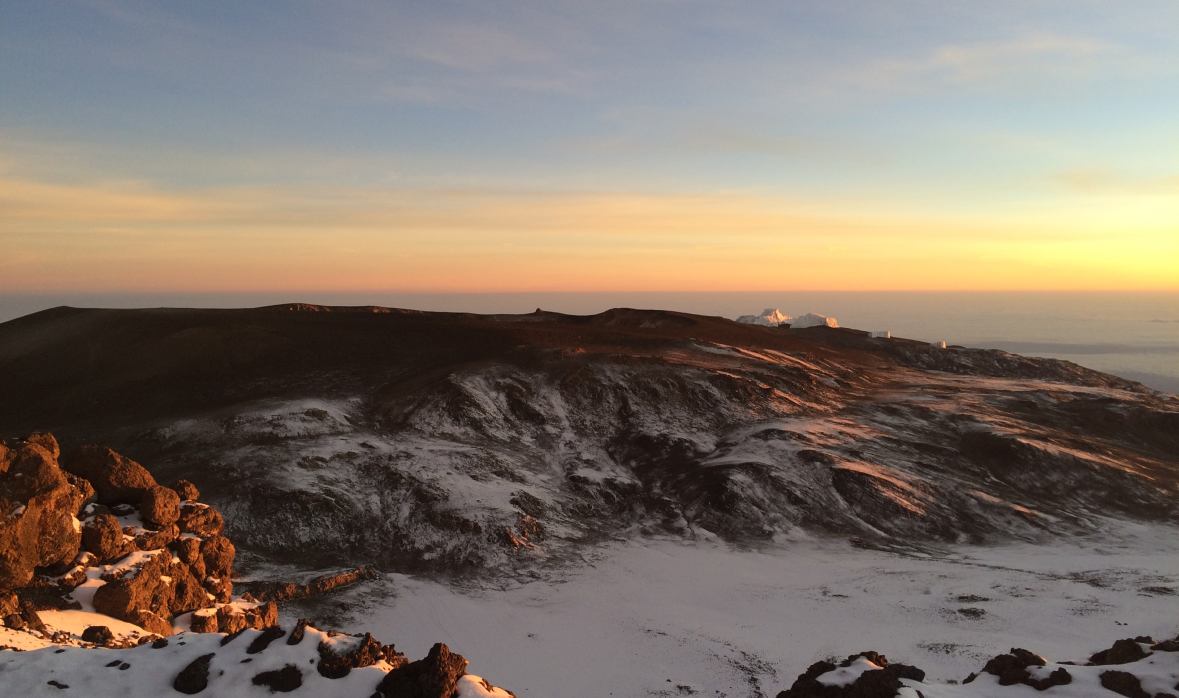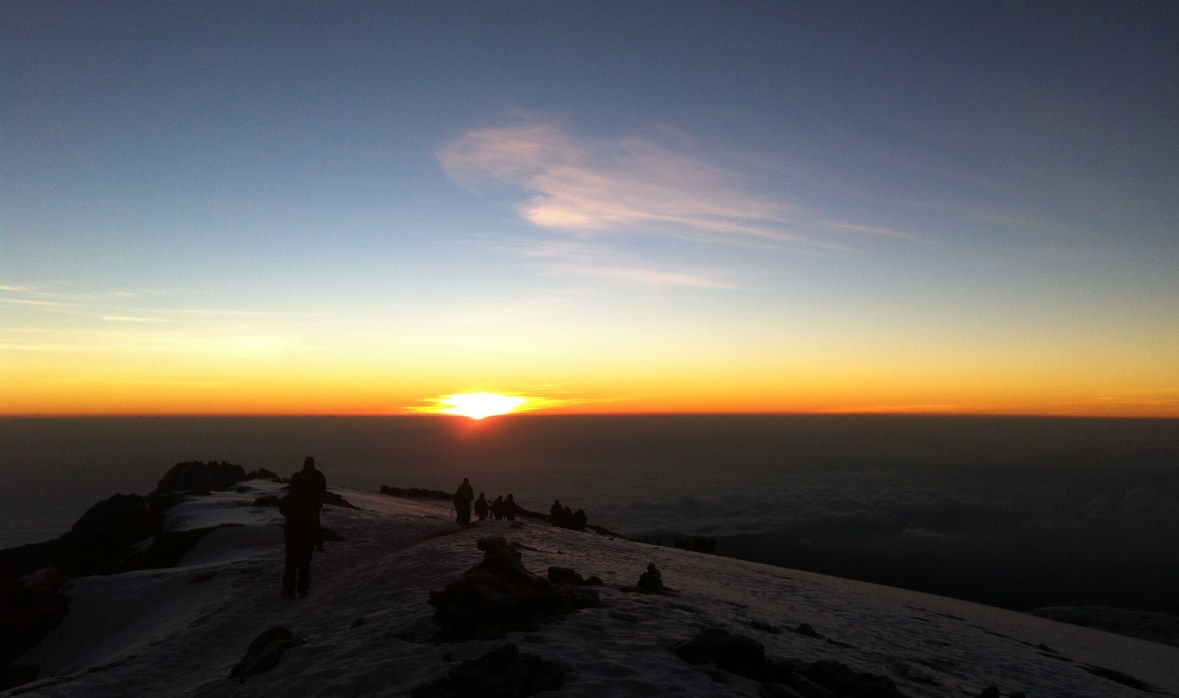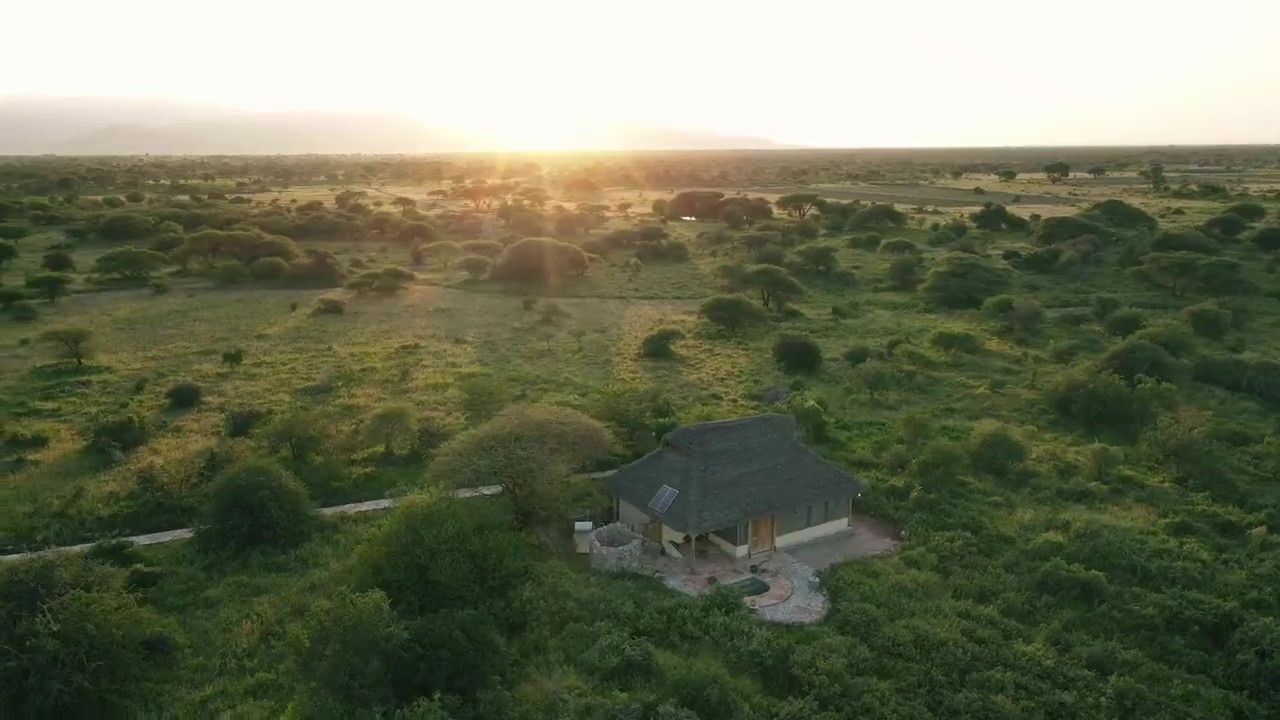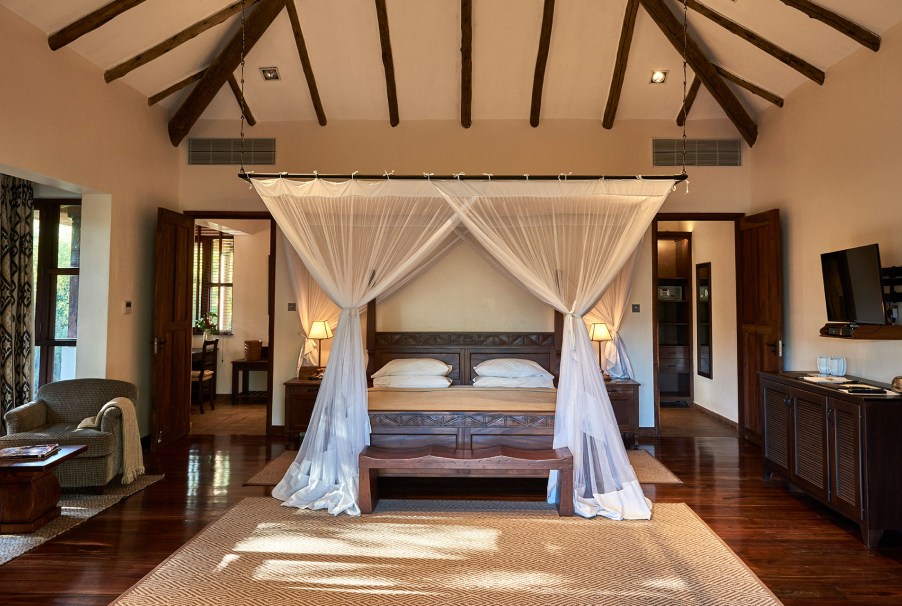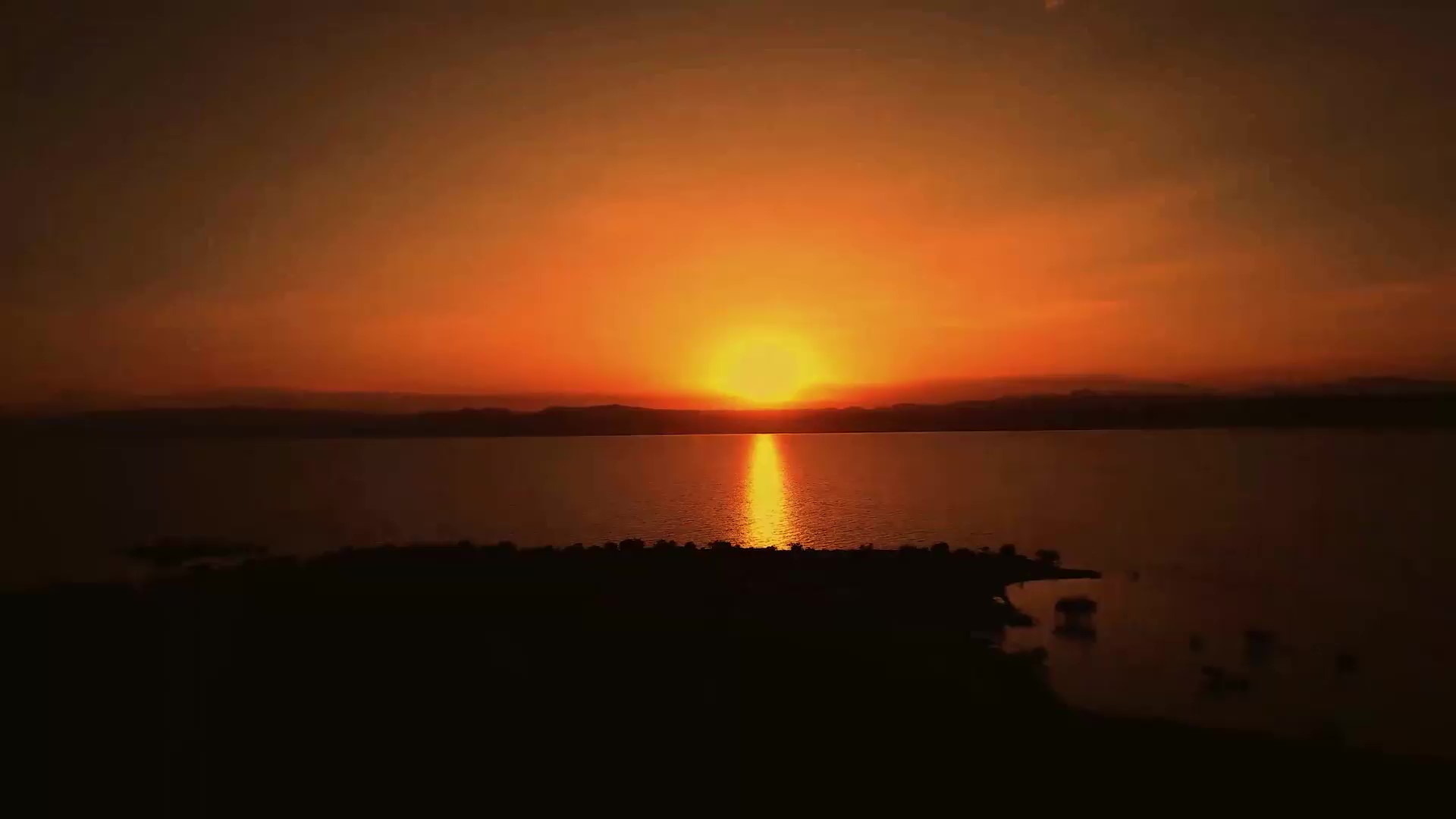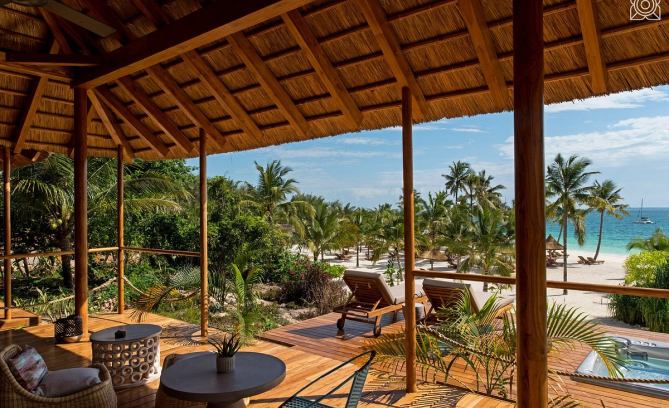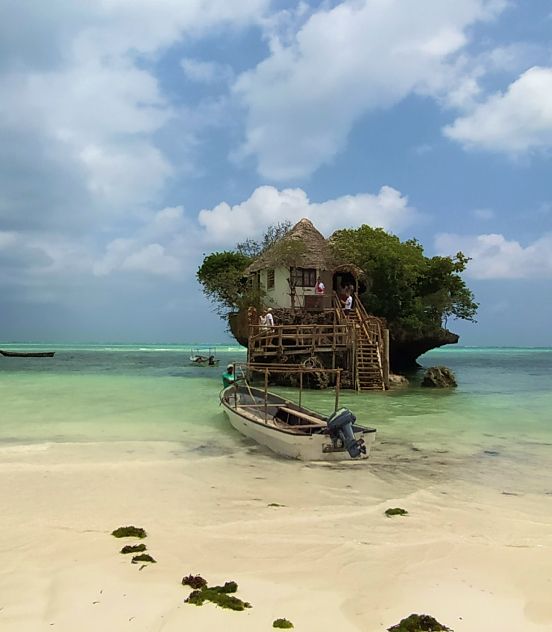Climb Mount Kilimanjaro
If you like challenges, here is a new objective! Embark on the ascent to the roof of Africa via the Machame route in bivouac.
Overview
If you like a challenge, here is your next goal: climbing Kilimanjaro in Tanzania to the summit of Uhuru Peak, at an altitude of 5,895 meters! We offer you this adventure via the Machame route over 7 days, with nights in bivouacs and an acclimatization day included to maximize your chances of success.
June to February
8 days
From age 18
Our experience at your service
For 20 years now, we have been organizing treks and summit expeditions up Mount Kilimanjaro in Tanzania by all routes. We specialize in the ascent by the Machame route, which requires experienced guides and foolproof logistics. Our guides are certified by French doctors specializing in high-altitude mountains.
Can you to climb to the roof of Africa in 7 days? We'll ensure you do! All high mountain professionals agree that to limit the risks of altitude sickness, good acclimatization is essential. The professionalism of our teams and the acclimatization day ensure a very high success rate.
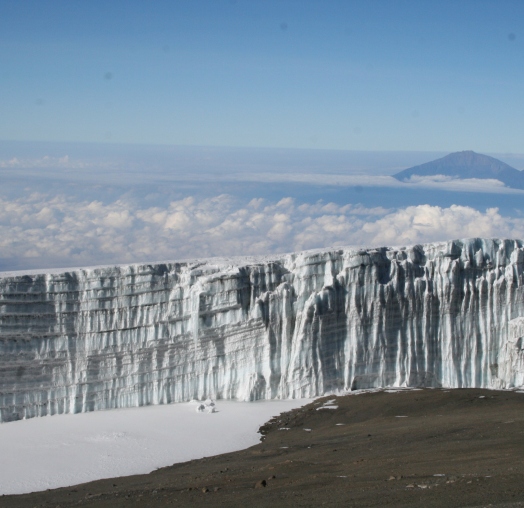

Your highlights
YOUR SAFETY
By adding a 7th day to the trek, your body has more time to adapt to the altitude.
ASSISTANCE
Our teams always leave with a satellite phone to be able to contact us on the ground, and especially to contact the emergency services at any time, even without cellphone coverage.
RESPONSIBLE CLIMBING
Our entire team receives a salary, including the porters who, for us, are an integral part of the team.
ALL THE EQUIPMENT
The Machame route is done in bivouacs, all the camping equipment is provided except for your sleeping bag."
Itinerary
details
Browse through our tour and contact us to tailor it to your travel needs.
Day 1: Moshi
Welcome to Tanzania! Upon arrival, you will be met by our team who will transfer you to Moshi. Check in to your hotel for a mandatory night's rest before starting the ascent of the volcano.
Briefing by your guide and checking your equipment.
Hotel in Moshi
Private car or bus
Day 2: Machame Gate – Machame Camp
Departure from the hotel to reach Machame Gate. Meeting with the full team and formalities for entering Mount Kilimanjaro National Park.
First stage of the ascent, approximately 4 hours of walking for 1200 meters of positive elevation gain through the rainforest to Machame Hut at 3000 meters.
Night in bivouac
Private car or bus
Day 3: Machame – Shira Camp
Walk for approximately 4 hours to Shira Plateau at 3850 meters, through a landscape very different from the previous day: groundsels, rocks and waterfalls.
Night in bivouac
Day 4: Shira – Barranco Camp
Journée d'acclimatation à l'altitude avec le franchissement de Lava Tower. Le mal des montagnes pourra se faire sentir lors du passage à 4600 mètres, prévenez votre guide au moindre symptôme et écoutez ses conseils. Descente jusqu'à Barranco Camp à 3800 mètres. Environ 7 heures de marche sur cette troisième journée d'ascension.
Night in bivouac
Day 5: Barranco – Karanga Camp
On the edge of the glacier, we follow the base of the cone towards the east to Karanga Camp at 4200 meters in a desert area. Day of about 3 hours of walking.
Night in bivouac
Day 6: Karanga – Barafu Camp
Nous poursuivons toujours vers l'Est, au pied des glaciers jusqu'au camp de Barafu à 4600 mètres. Dernière étape et dernier repos avant l'ascension finale.
Short night in bivouac under tent with full board.
Night in bivouac
Day 7: Barafu – Uhuru Peak – Mweka Camp
Départ vers minuit et ascension finale sous les étoiles. Vous pourrez profiter du lever du soleil sur le cratère en franchissant les derniers 1300 mètres de montée pour atteindre enfin, après tous ces efforts, le toit de l'Afrique.
Descent to Barafu Camp then Mweka Camp at 3100 meters after this fabulous, but long, day, about 12 hours of walking.
Night in bivouac
Day 8: Mweka Camp – Mweka Gate
Return by the Mweka, environ 3 heures de descente. Déjeuner puis remise des diplômes. Route ensuite pour l'aéroport pour votre vol international et fin de cette belle aventure.
Private car or bus
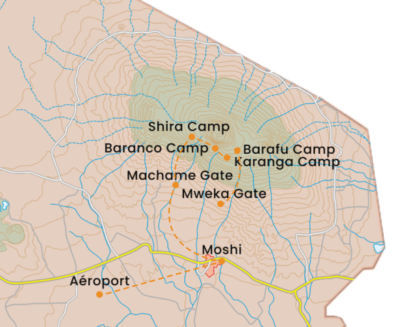
Our added value:
A tailor-made experience
An extra day? This itinerary can be modified according to your wishes, your availability and your budget. Our travel designers are on hand to help you build the safari of your dreams.
Their experience
A wonderful stay and very good organization. Our guides were perfect throughout the stay. The quality and speed of Laurène's responses allowed us to build our trip as best as possible. Her advice and especially her commitment to helping us build a trip to satisfy us were extremely appreciated.
Anne & Bruno
More information
EQUIPMENT PROVIDED BY OUR AGENCY
- 3-person dome tents (for 2 people) + mattress and cover.
- All kitchen equipment, tables, chairs and large tent for meals expedition food with fresh local products.
- Filling, hot meals in the morning, at noon and in the evening.
During the ascent, your bag, carried by a porter, must not exceed 12 kg. Bottled water not provided, bring tablets to purify the water that will be distributed during the ascent. Plastic bottles are prohibited on the mountain.
Nights can be cold, around -5/5°C, humid at 3000m altitude, and between -5 and -30°C on the night of the final ascent between 4600m and 5895m. Days are temperate, generally dry, except below 3000m where it can rain or snow.
The price of climbing Kilimanjaro depends on the number of participants. We do not offer group trips, your climb is private with your own group formed by you. The more you are, the lower the price per person will be.
We invoice in Dollars US, so please be aware of the conversion rate.
This trip is from $3,050 US per person for a trip of 2 participants in a tent/double room.
THE PRICE INCLUDES
- Full service from day 1 to departure transfer
- The climb with a team: guide, assistant, porters, cook
- Accommodation in Moshi the day before the climb
- Full board excluding drinks
- Government fees of the Kilimanjaro Park
- Our assistance throughout your stay
THE PRICE DOES NOT INCLUDE
- Flights
- Visa fees
- Insurance
- Tips
For a good acclimatization, you can start your trip by climbing Mount Meru, the 4th highest peak in Africa. After summitting Mount Kilimanjaro, you can extend your trip by including a few days of safari in the nothern parks, or head straight to the beach by flying to Zanzibar. All our tours are tailor-made!
Frequently Asked Questions


How do I book?
Step 1
Choose a trip that inspires you from our catalog
Step 2
Contact us by requesting a quote on our website
Step 3
Personalize your experience with our travel designers
Step 4
Confirm your reservation and start packing!
